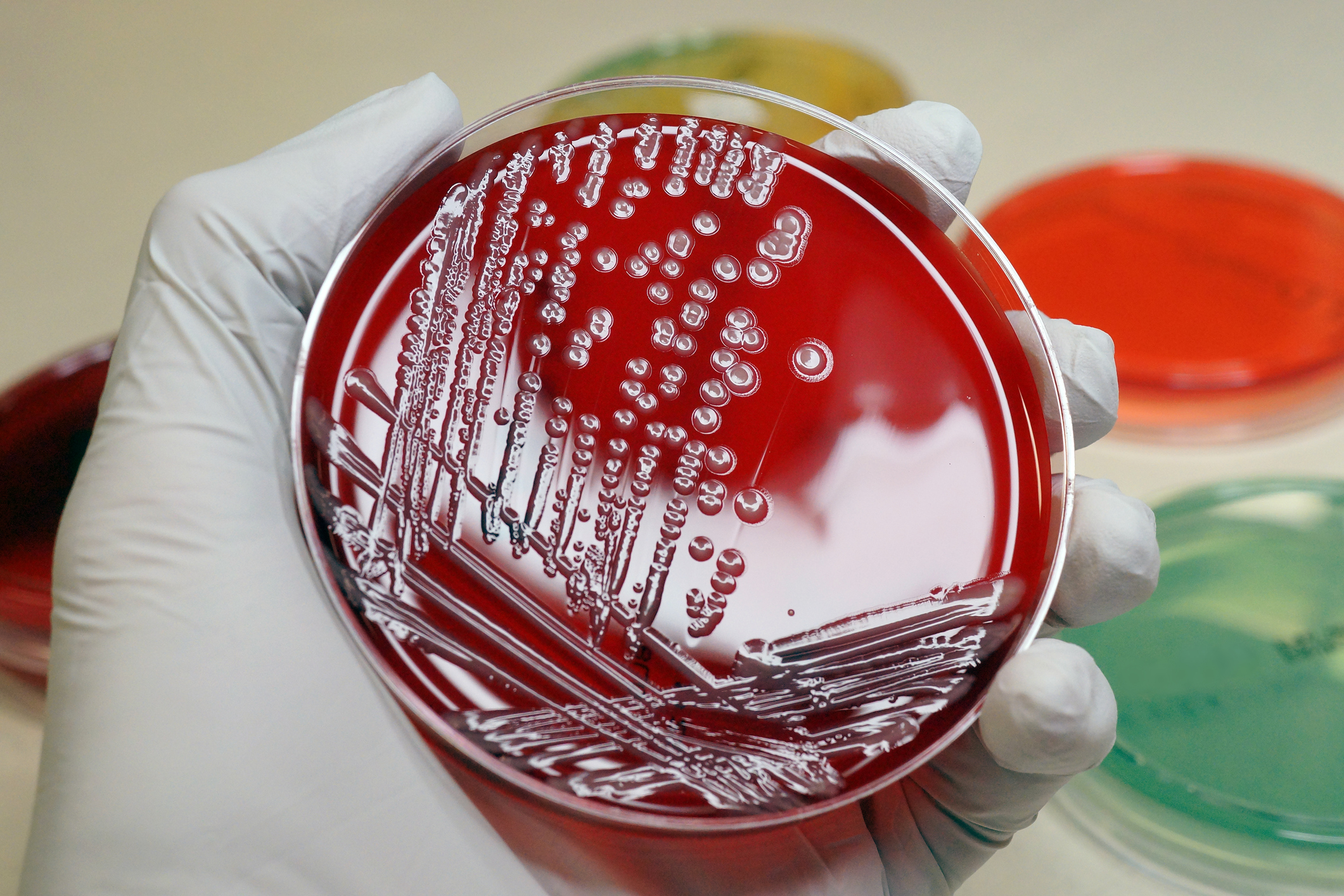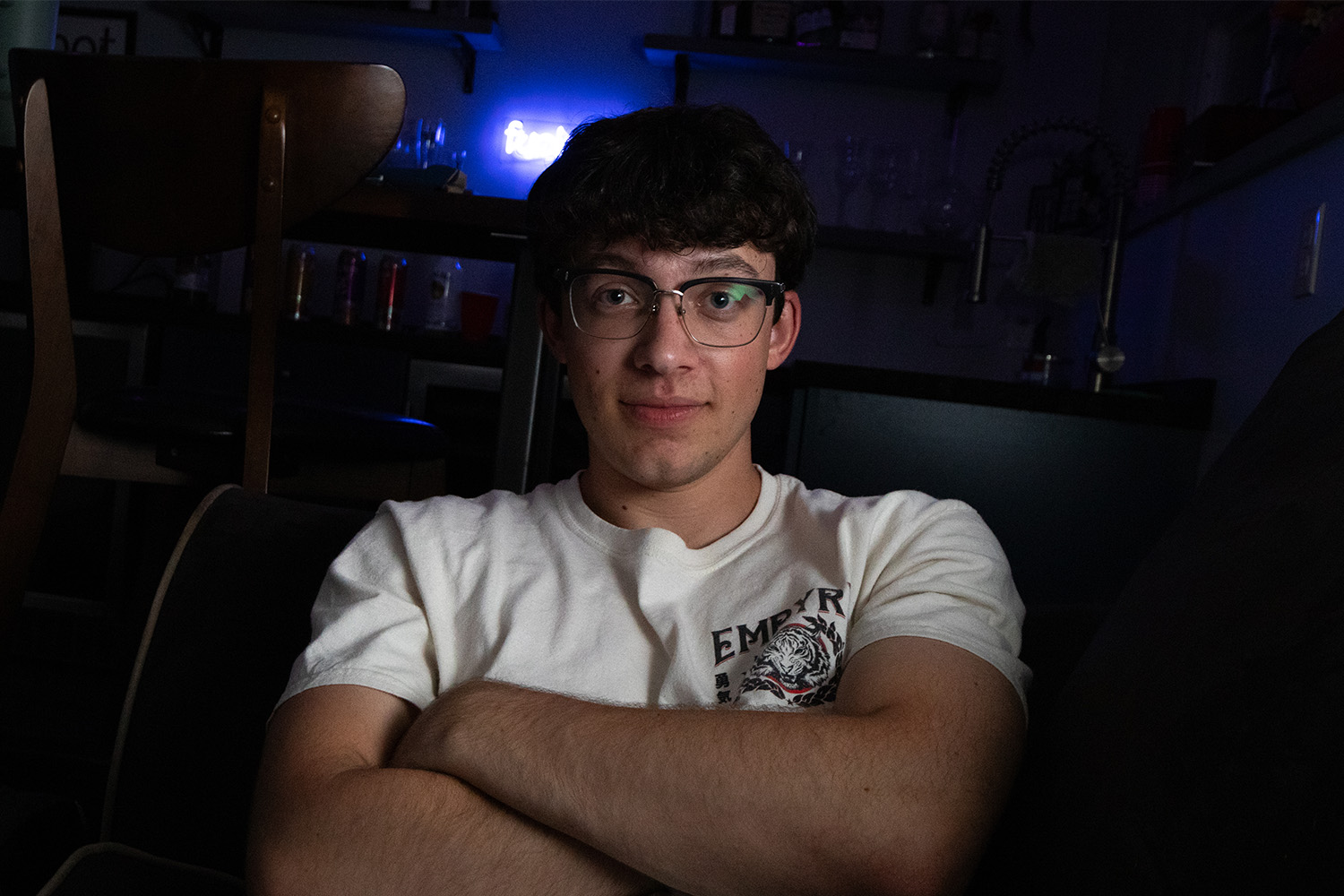The process of developing a treatment for any infection or disease is long and arduous, and it often involves finicky samples and a lot of unknowns. But sometimes that process can be helped along with a little chemistry between different scientific fields of study.
Researchers working on developing a more effective treatment for infections would benefit greatly from being able to study exactly how a pathogen infects the body. UConn chemistry professor Mark Peczuh specializes in making this possible.
Peczuh recently received $275,000 from the National Institute of Allergy and Infectious Diseases to develop a molecule used to study an alternative approach to preventative treatments for urinary tract infections (UTI).
Urinary tract infections affect upwards of 10 million people, primarily women and the elderly, every year. If a UTI is left untreated, it can infect the kidneys and lead to more serious symptoms.
Of the millions of UTIs doctors see every year, the vast majority of them are caused by a single kind of bacteria – E. coli.
UTIs occur when bacteria get into the urinary tract and begin to multiply. Normally, UTIs are treated with antibiotics that resolve the infection within a few days, but sometimes the bacteria can remain dormant and then re-appear, causing a recurring infection. Nearly 20 percent of those who have a UTI will have another, and hundreds of thousands from that group will have a recurring infection throughout their lives.
With support from this grant, Peczuh will develop a molecule that can be used by researchers in other fields to investigate a way to block E. coli from attaching to the lining of the urinary tract in the first place. He predicts that this technology would signal a tremendous breakthrough for those who are prone to contracting UTIs.
Peczuh and his team will synthesize a new class of molecules which can antagonize the binding of E. coli to cells in the urinary tract.
E. coli binds to the urinary tract using a sugar-binding protein called FimH that is at the tip of the bacterial pili – hair-like feelers on the outside of the bacteria. FimH binds to a surface protein called uroplakin 1a found on urinary tract cells.
Most previous approaches have focused on using a shortened version of the FimH lectin. However, recent studies show that full-length FimH is a more relevant target, as it is better suited to adhere to urinary tract cells.
Studies have also shown that there is another essential component that determines E. coli’s ability to infect – a sugar ring composed of seven atoms called a septanose glycomimetic.
Peczuh will test if the full-length version of FimH prefers binding to the septanose glycomimetics instead of the uroplakin 1a surface protein on urinary tract cells.
“We are eager to begin this project,” Peczuh says. “It parlays lessons learned about lectin-septanose interactions in model systems toward the development of a real-life intervention that could be used to treat urinary tract infections.”
This project could pave the way for future studies into how E. coli operates to cause UTIs, he says. If scientists can understand how E. coli binds to urinary tract cells, they could develop treatments that block the specific molecular features that enable the process.
Peczuh received his Ph.D. from Yale University in 1999 and went on to work as an NIH Postdoctoral Fellow at Princeton University. His research group focuses on designing and synthesizing new natural product-like small molecules that are used to investigate biological processes.
This grant is NIH Project No.: 1R21AI142363-01



